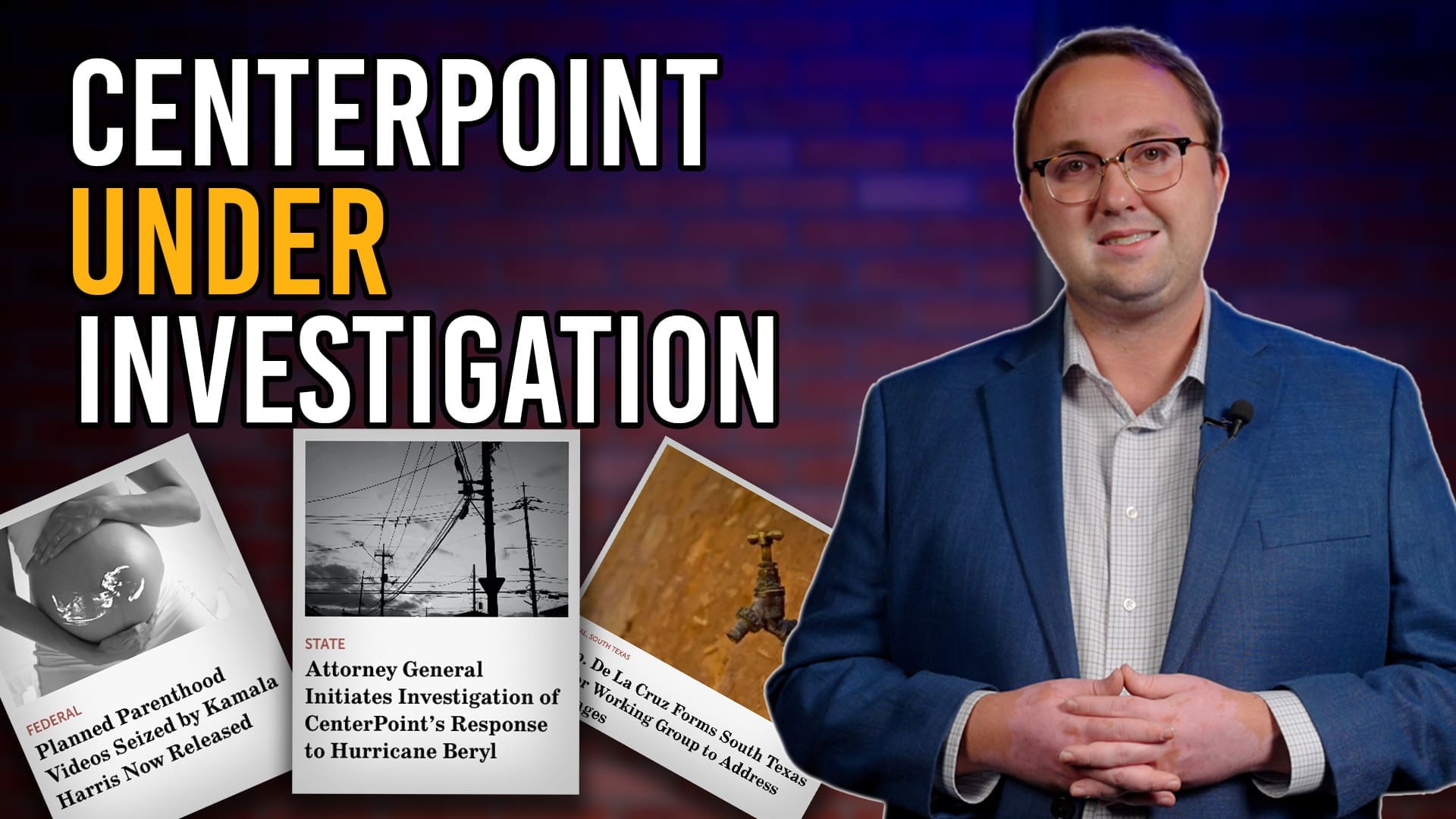The financial struggles of major cities are far from a secret. Collectively, the roughly 70 most populous cities in America had $335.4 billion in unfunded debt, with $210.7 billion in pension debt alone, according to a report from Truth in Accounting. From unfunded pension benefits to unfunded healthcare benefits, the cost of government employees is strangling cities in Texas and, unfortunately, change has been slow to come.
Truth in Accounting released its second annual Financial State of the Cities (FSOC) report, a comprehensive analysis of finances in 70 major cities, and as with the first, it’s pretty grim.
Reports like this are important because cities claim to have balanced budgets and fully recognize their debt, but accounting tricks and fungible accounts make that far from the case.

Most cities, at least out of those on the list, have a balanced budget requirement, but as the data shows, their budgets are far from “balanced.” Cities skirt around this provision by inflating revenue assumptions, counting borrowed money as income, understating costs of government, and postponing payments so they aren’t counted until the next fiscal year.
One recent example is how the City of Houston counted its $1 billion pension obligation bond as a buy down of its unfunded pension debt. While it does buy down pension obligations, it creates a new one elsewhere. The bond is a newly added debt obligation, though that’s regularly ignored.
Nine Texas cities made the FSOC list, with Plano being in the best fiscal shape and Dallas being in the worst. The report ranks cities by either taxpayer burdens, the amount it would cost each taxpayer to pay down the city’s debt; or surpluses, the amount left over per taxpayer after the city’s bills are paid.
Plano came in sixth overall, and first in Texas because, “Unlike most cities, Plano’s elected officials have only promised the amount of benefits they can afford to pay,” according to the report. “Although Plano has enough money to pay all of its bills, it is still not completely transparent with taxpayers,” it continued, saying that though accounting rules require more reporting Plano is still hiding about 7 percent of its overall debt from taxpayers.
Dallas came in last in Texas. “Repeated decisions by city officials have left the city with a staggering debt burden,” read the report. “These statistics are jarring, but what’s also alarming is that city government officials continue to hide significant amounts of retirement debt from their balance sheets.” At the time of the report, Dallas’ debt was around $21,000 per taxpayer.
On pensions, the report says, “Unfortunately, some elected officials have used portions of the money that is owed to pension funds to keep taxes low, and pay for politically popular programs. This is like charging earned benefits to a credit card without having the money to pay off the debt.”
Not only did the report highlight the discrepancies in reported and actual debt, it criticized the timeliness of the reports across the board.
The standard release time for each city’s comprehensive annual financial report, CAFR, is typically no more than 180 days following the end of the fiscal year. By comparison, the standard for businesses is 45 days after the end of their fiscal year. But many cities issue their report well after the standard deadline, which inhibits the ability of governments and taxpayers to make informed decisions. Dallas and San Antonio, for instance, issued theirs 266 and 252 days after the end of the fiscal year, respectively.
Budget transparency benefits taxpayers. A well-informed public can better hold their elected officials accountable and make informed decisions about where they choose to live and work.
Inflating the position of cities brings more harm in the long-term than it benefits government’s books in the short-term, as cities will all eventually have to face this debt. If they can’t figure out how to do so in manageable amounts, it is unrealistic that they’ll be able to do so after debt has accumulated over time.




